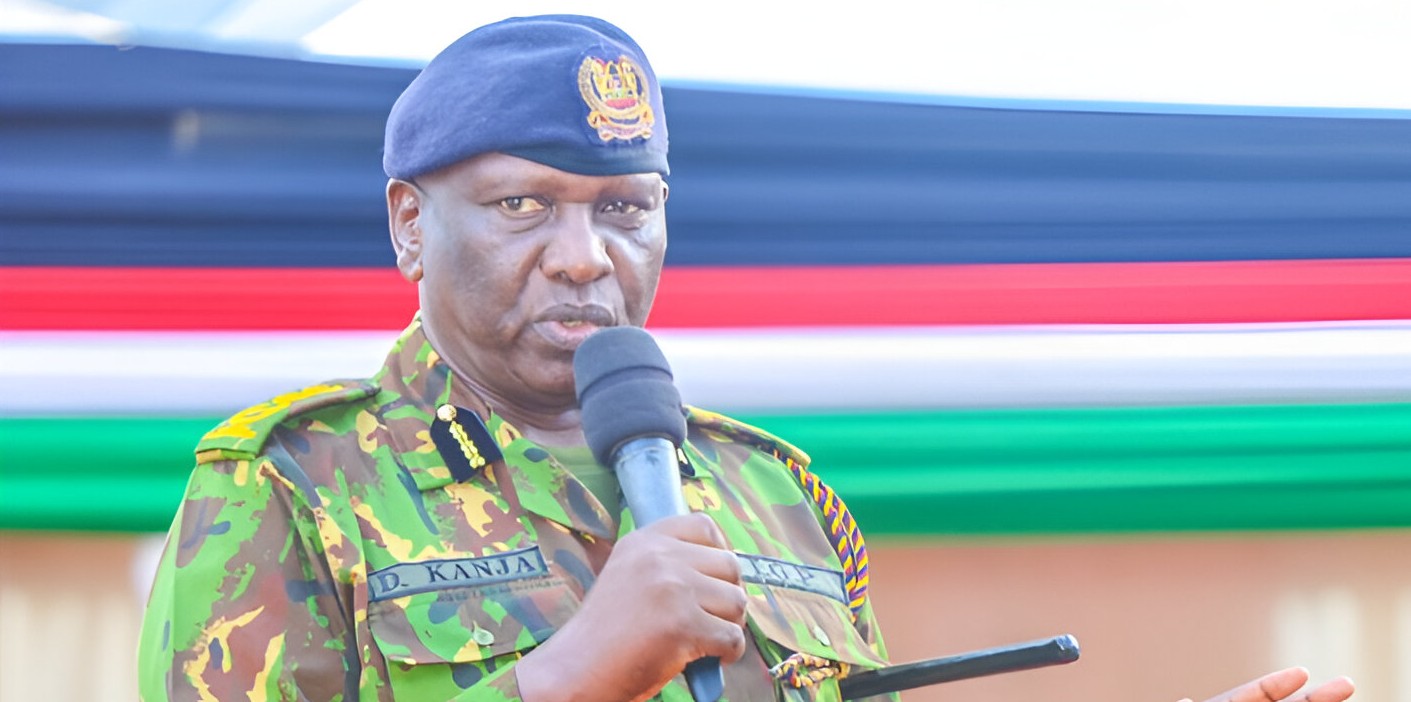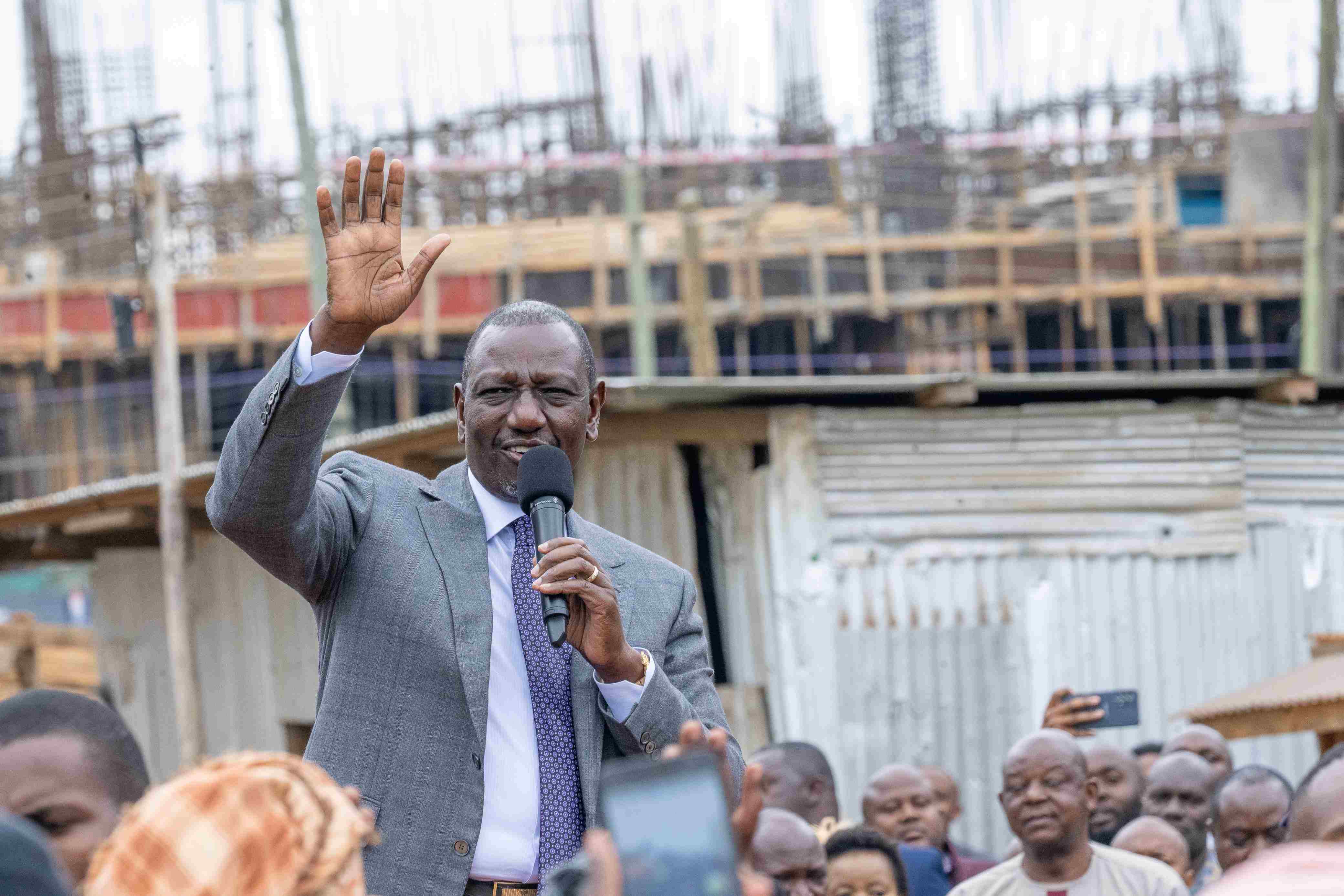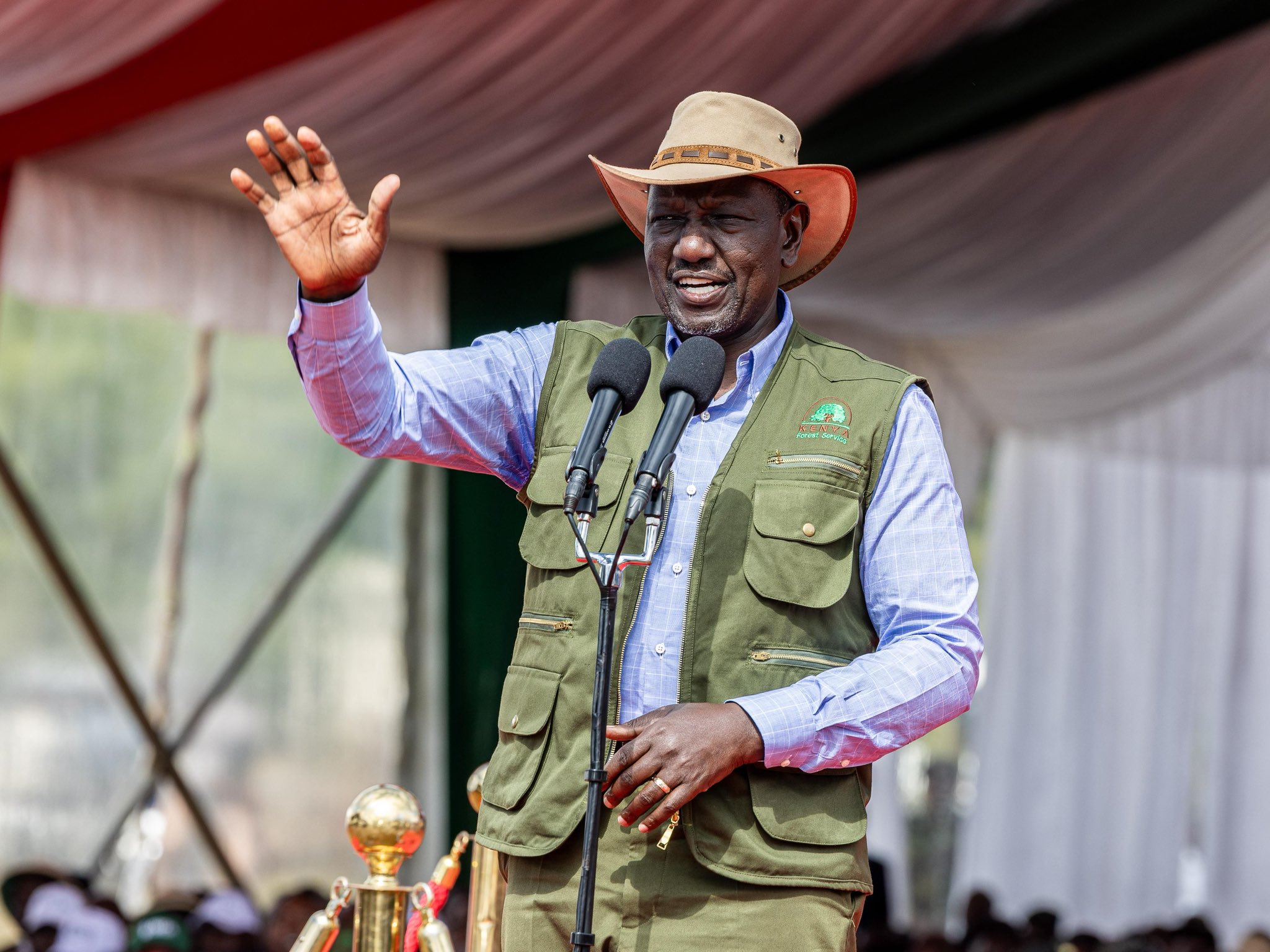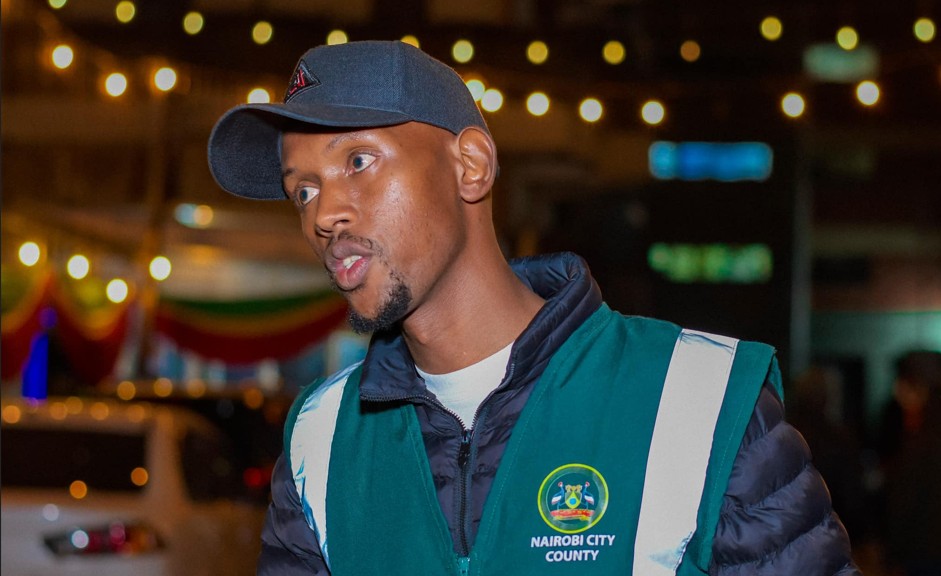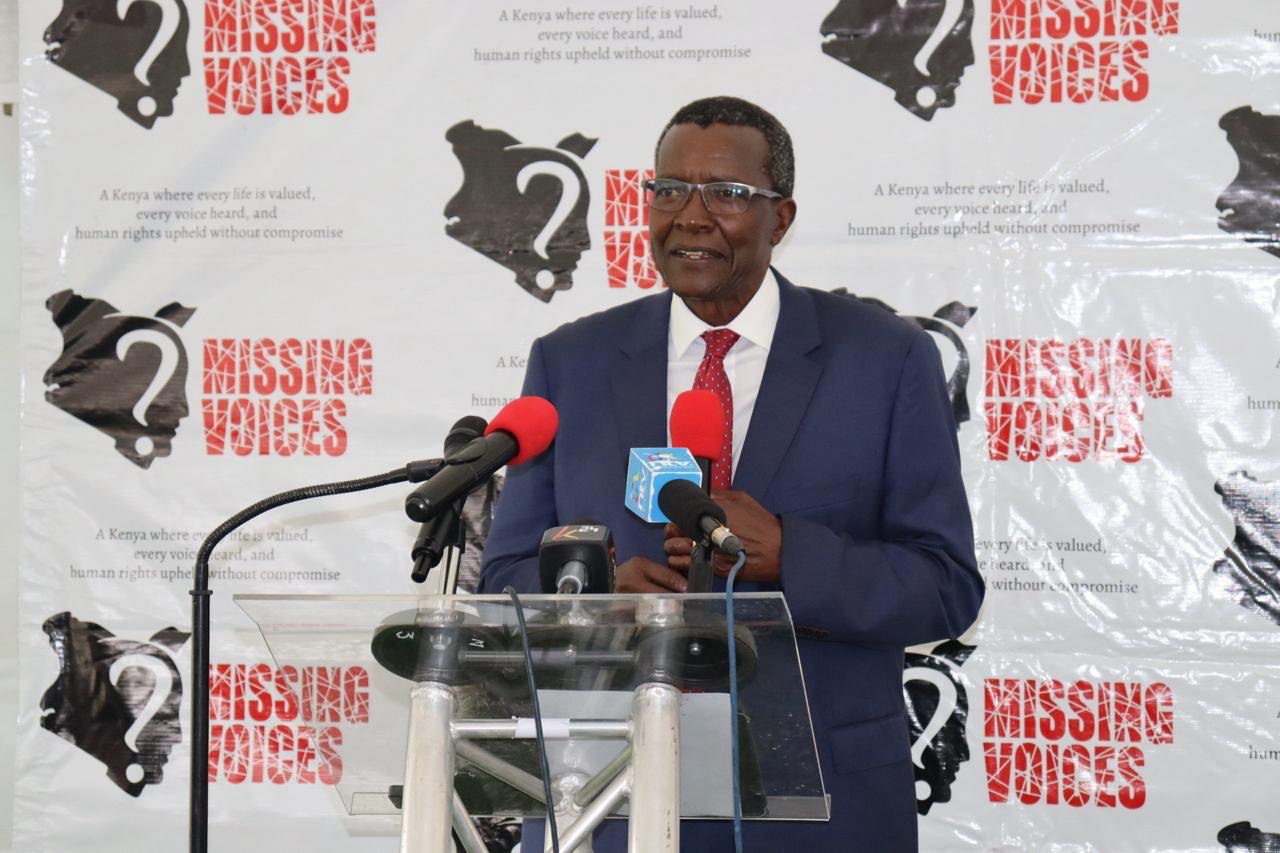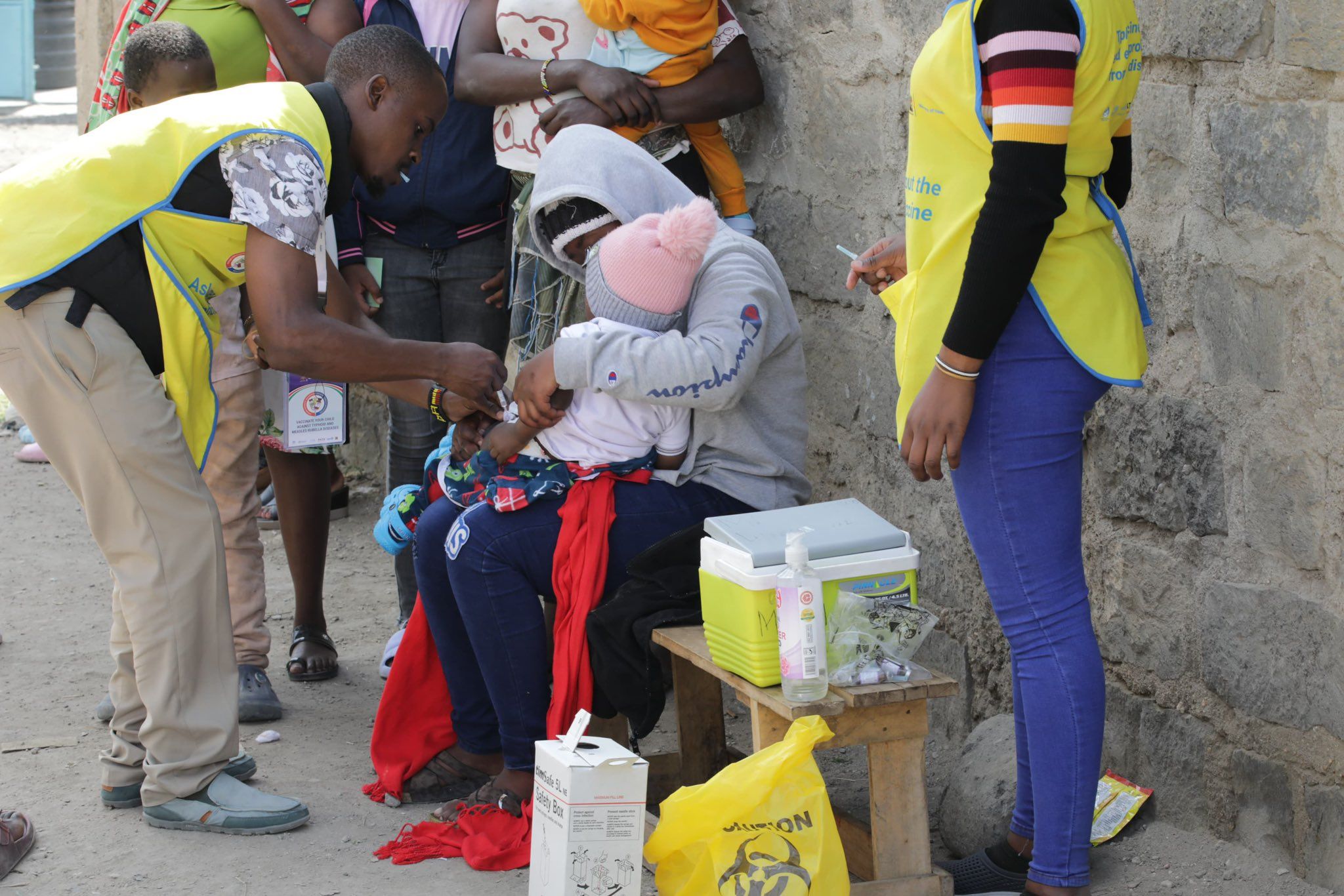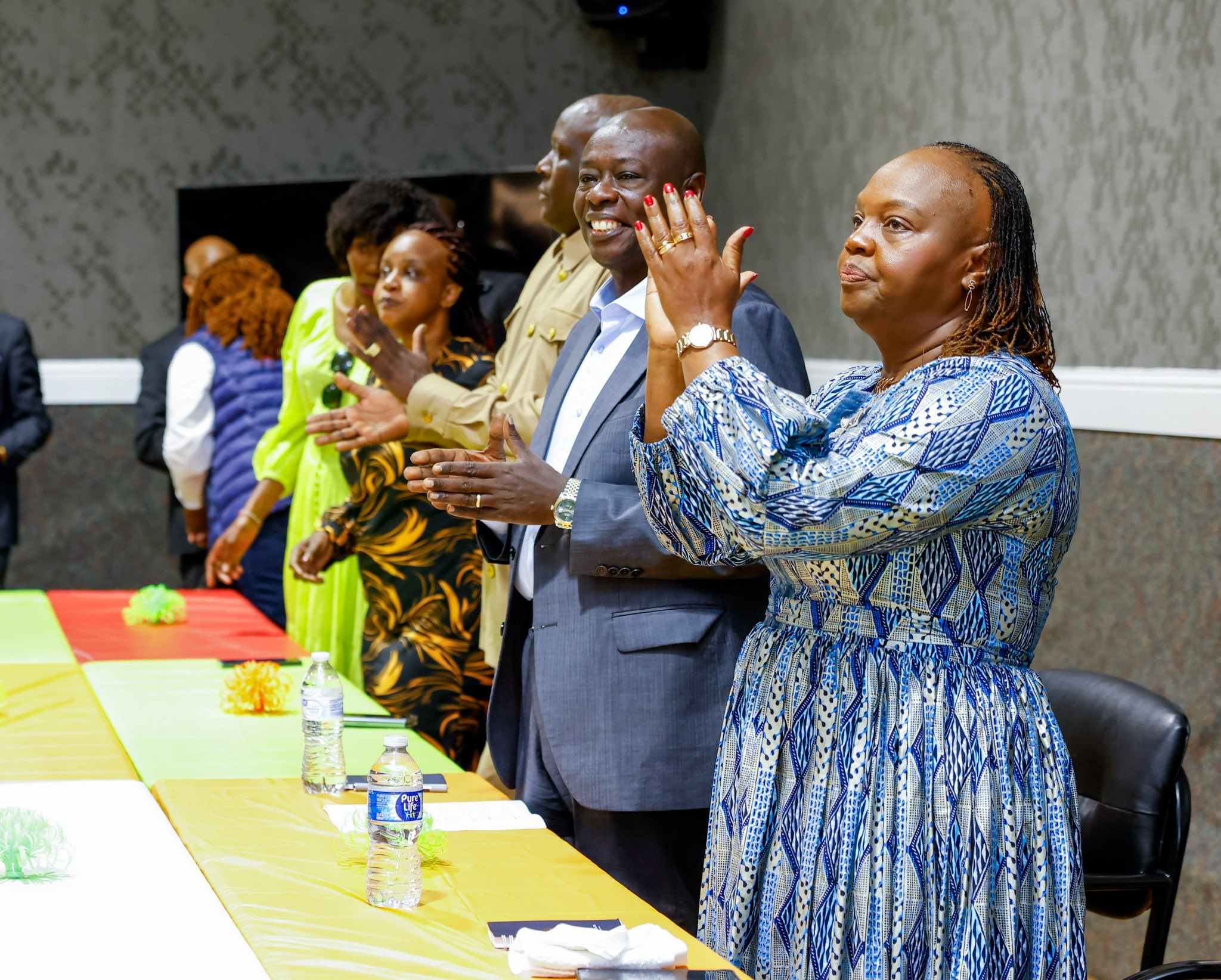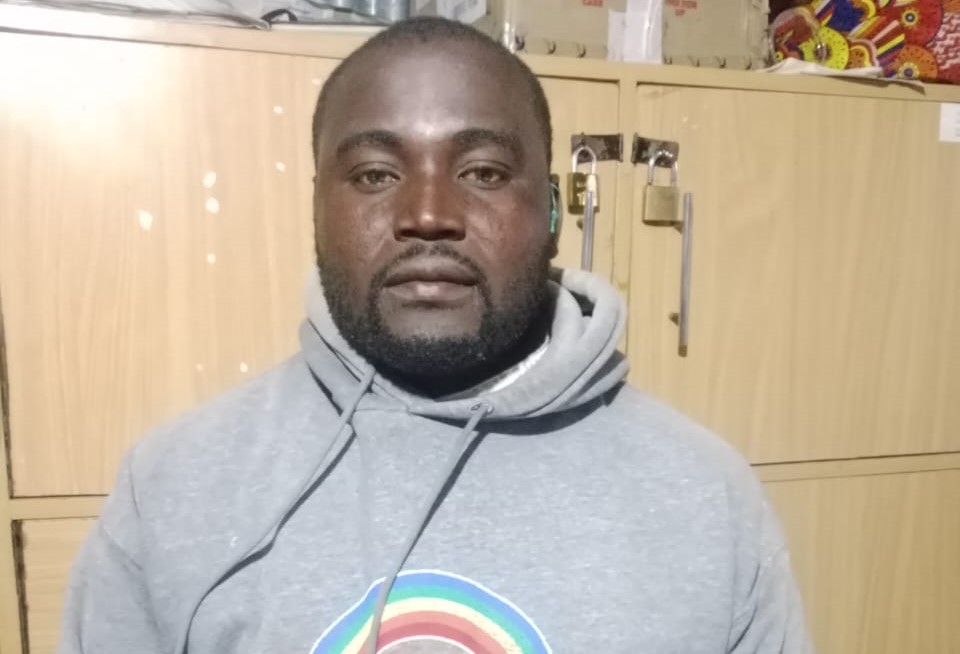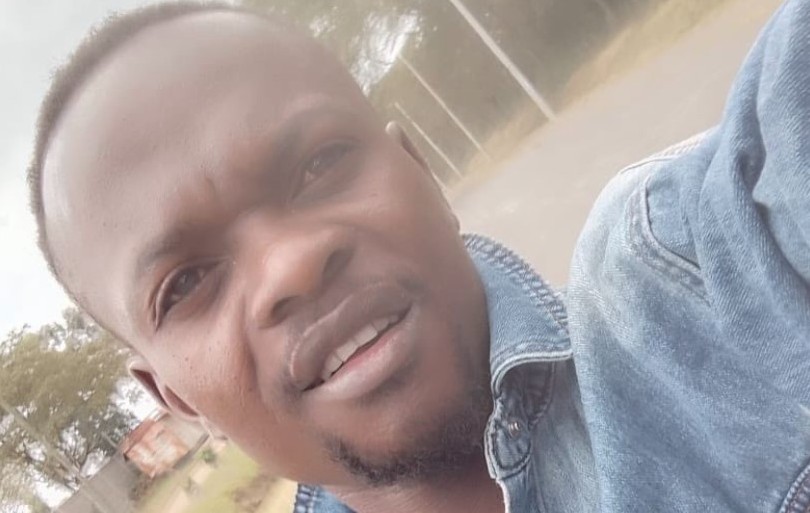ICC finds evidence of war crimes, sexual violence in Darfur
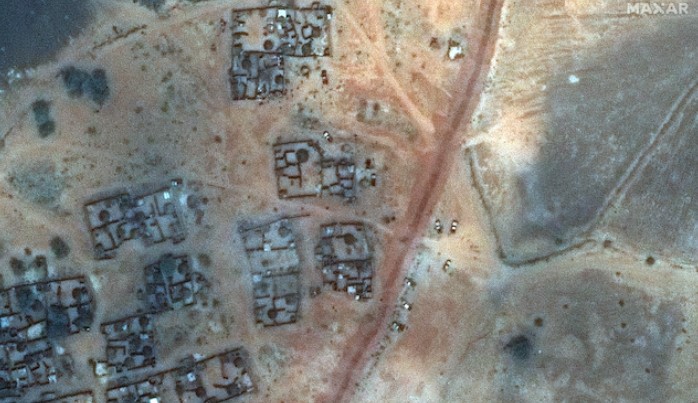
The International Criminal Court (ICC) has revealed harrowing findings from its latest investigation into the conflict in Sudan’s Darfur region, telling the United Nations Security Council that there are “reasonable grounds” to believe war crimes and crimes against humanity are being committed amid the ongoing violence.
The conflict, which erupted in April 2023 between the Sudanese Armed Forces (SAF) and the Rapid Support Forces (RSF), has led to what the United Nations describes as “devastating civilian casualties.”
More To Read
- CS Kipchumba Murkomen extends security operation in Marsabit’s 13 trouble spots for 30 more days
- Washington address: Ex-DP Rigathi Gachagua vows to take Ruto to ICC over killings, abductions
- Cabinet shake-up in Sudan as transitional PM Kamil Tayyib Idris seeks stability amid civil war
- UNICEF demands children’s protection after Bridgit Njoki, 12, killed in Saba Saba protests
- Sudan accuses UAE of 'manipulating global forums' to shield RSF
- Ethiopian PM Abiy Ahmed pushes for sea access, avoids war - for now
The ICC's Deputy Prosecutor, Nazhat Shameem Khan, told diplomats on Thursday at the Security Council that the scale of atrocities in Darfur is staggering and worsening.
Khan said that among the most disturbing patterns emerging from the ICC’s investigation is the widespread and targeted use of sexual violence.
“Rape and sexual violence are being weaponised,” she said, adding that women and girls from specific ethnic groups have become the primary targets. “There is an inescapable pattern of offending, targeting gender and ethnicity through rape and sexual violence.”
The ICC’s findings are based on more than 7,000 pieces of evidence collected so far, with investigators conducting multiple missions to refugee camps in neighbouring Chad, where survivors have shared deeply personal accounts.
Khan commended those who came forward. “It is difficult to find appropriate words to describe the depth of suffering,” she said.
This investigation marks a continuation of the ICC’s long-standing engagement in Darfur.
The Court was first mandated to investigate crimes in the region in 2005, following reports of mass atrocities beginning in 2002.
However, the resurgence of violence following the outbreak of nationwide conflict in 2023 has triggered a fresh probe.
According to Khan, this new investigation has uncovered a pattern of abductions, forced recruitment, and sexual assault used as tools of war.
“Abductions for ransom or to bolster the ranks of armed groups have become common practice,” she said.
While the ICC continues to document these crimes, the humanitarian situation in Darfur is growing increasingly dire.
Aid convoys have been attacked, hospitals bombed, and access to food and water deliberately blocked.
In June, five aid workers were killed in an ambush in North Darfur, and over 40 civilians, including hospital patients and medical staff, were killed in an airstrike in West Kordofan.
In the besieged city of El Fasher, RSF forces have cut off humanitarian assistance, while the spread of cholera across conflict zones poses a new and serious threat to already scarce water supplies.
Health officials warn that the rainy season may further contaminate water sources and increase the risk of disease.
Children are among those suffering the most. According to UNICEF, more than 40,000 children were treated for severe acute malnutrition between January and May 2025, more than double the number during the same period last year.
“Children in Darfur are being starved by conflict and cut off from the very aid that could save them,” said Sheldon Yett of UNICEF.
The scale of human displacement is equally alarming. Over the past two years, more than 150,000 people have lost their lives in the conflict, while an estimated 12 million have been forced to flee their homes.
In January 2025, the United States concluded that the RSF and allied militias had committed genocide against Darfur’s non-Arab population.
The RSF has denied those accusations, insisting that it is not involved in the violence, which it claims is part of a “tribal conflict.”
Khan warned that those responsible “may feel a sense of impunity at this moment,” but she assured the Security Council that the ICC is working to bring them to justice. “Many” will face accountability, she said.
Despite challenges, including limited cooperation from some states, underfunding, and threats to investigators, Khan reaffirmed the ICC’s commitment. The ongoing trial of Ali Muhammad Ali Abd-Al-Rahman, also known as Ali Kushayb, is seen as a critical step towards justice and a clear signal to other perpetrators.
Khan also called for stronger collaboration among all stakeholders, noting that the ICC’s work now includes a renewed focus on gender-based crimes, supported by the Court’s gender unit.
“We should not be under any illusion, things can still get worse,” she cautioned, urging the international community to act swiftly and decisively to prevent further atrocities.
Top Stories Today

